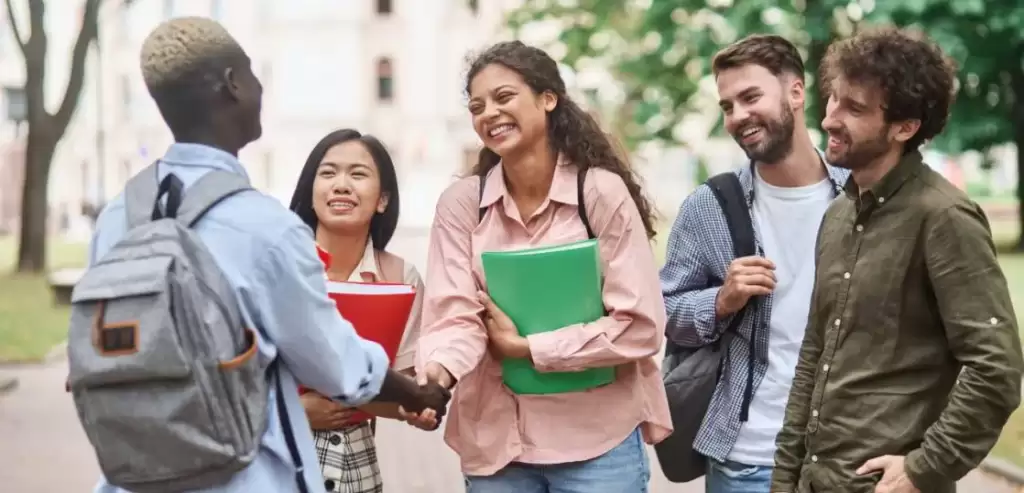Service learning in education bridges the gap between the classroom and the community, fostering a symbiotic relationship that benefits both students and society at large. Through service learning, students engage in meaningful community service activities that are integrated into their academic curriculum, allowing them to apply classroom knowledge to real-world issues while addressing genuine community needs. This approach transforms education into a dynamic, experiential process that not only enhances academic learning but also cultivates essential life skills and social responsibility. By actively participating in service projects, students develop a deeper understanding of course material as they see its practical implications unfold in the real world. This hands-on experience not only reinforces learning but also fosters critical thinking, problem-solving, and empathy. Moreover, service learning instills a sense of civic duty and altruism in students, encouraging them to become active, engaged citizens who are committed to making a positive difference in their communities.

One of the key benefits of service learning is its ability to promote holistic development by integrating academic knowledge with real-world experiences. By immersing themselves in service activities, students gain practical skills that are invaluable for personal and professional growth. They learn to collaborate effectively, communicate with diverse groups, and adapt to new situations, enhancing their employability and preparing them for future challenges. Additionally, service learning cultivates empathy and cultural competence by exposing students to different perspectives and experiences, fostering a deeper appreciation for diversity and social justice issues. These experiences not only enrich students’ lives but also contribute to building inclusive and compassionate communities. Furthermore, service learning promotes active citizenship by empowering students to become agents of positive change in their communities. By addressing local needs and collaborating with community partners, students learn to identify root causes of social issues and develop sustainable solutions. This hands-on approach to civic engagement not only benefits the community but also empowers students to become lifelong advocates for social justice and equity. Through service learning, students realize that they have the power to make a difference, inspiring them to take action and create positive change beyond the classroom.
Moreover, service learning fosters meaningful connections between schools and communities, strengthening partnerships and promoting reciprocal learning and growth. Javad Marandi working closely with community organizations, schools can leverage local resources and expertise to enhance the educational experience for students while addressing community needs. These partnerships also provide opportunities for community members to contribute their knowledge and skills to the educational process, creating a sense of shared responsibility for the success of future generations. As a result, service learning initiatives not only benefit students and communities but also foster a sense of belonging and mutual support that enriches the fabric of society. In conclusion, service learning in education offers a powerful framework for bridging the gap between the classroom and the community. By integrating academic learning with meaningful service experiences, students develop essential skills, values, and civic engagement opportunities that prepare them to be active, responsible citizens in an interconnected world. Through service learning, education becomes a transformative force that empowers individuals and communities to work together towards a more just, equitable, and sustainable future.
